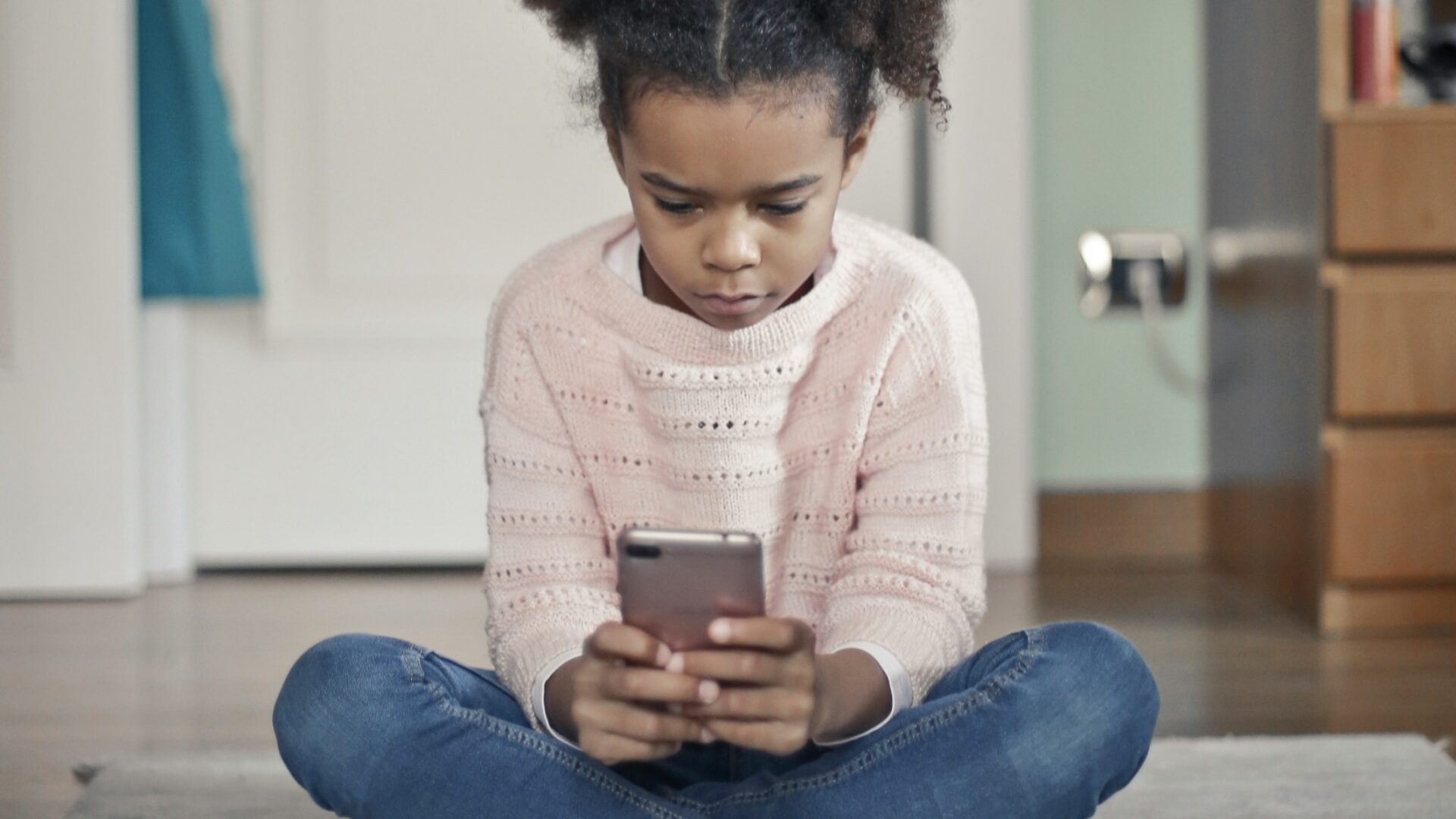Parenting in the smartphone age is akin to navigating a labyrinth with no clear answers. The detrimental effects of excessive screen time on a child’s mental health, brain development, and behavior are well-documented. The U.S. Surgeon General has even called for warning labels on social media platforms, akin to those on cigarettes and alcohol, to highlight the potential harm to young people’s mental well-being. Many schools are also taking drastic measures, such as banning smartphones altogether.

Understanding the Risks of Excessive Screen Time
Experts universally agree on several key guidelines for managing children’s screen time:
- Toddlers under 18 months should avoid screens, except for video calls with family.
- Children under five should not use screens for more than an hour a day and should only engage with high-quality programs.
- Kids should not use tech unsupervised or for unlimited periods; co-viewing with parents is recommended.
- Social media apps should not be used by children under 13, as per the U.S. Children’s Online Privacy Protection Act (COPPA).
- Gadgets should not be used to calm cranky children.
The Reality of Screen Time Struggles
The struggle to manage screen time is particularly intense during the summer months. Many parents find it challenging to balance work, household chores, and the demands of parenting. As a result, they often allow more screen time than recommended, leading to feelings of guilt and anxiety. Dr. Michael Rich, Director of the Digital Wellness Lab at Boston Children’s Hospital, notes that parents often feel scared and guilty but don’t know what else to do.
National surveys highlight the gap between recommendations and reality:
- Children under two consume nearly an hour of digital content daily.
- Children aged two to four watch an average of 2.5 hours per day.
- Kids aged 8 to 18 spend around 3 months online each year, averaging 6 hours daily.
- Teenagers spend approximately 4.8 hours daily on platforms like TikTok and Snapchat.
Technology is an integral part of modern life, and parents need to teach children how to use it responsibly. Dr. Rich emphasizes the need to view devices as powerful tools and to ensure they are used to enhance children’s intelligence, health, and kindness.

Strategies for Healthier Tech Use
- To navigate the challenges of screen time, parents need practical strategies. First, it’s important to forgive oneself for not having all the answers and to focus on being present with children. Dr. Rich suggests putting down your gadgets and engaging directly with your kids, as they often crave attention and interaction.
- Encouraging free play is another crucial strategy. Instead of viewing a screen-free summer as a struggle, parents should see it as an opportunity for children to engage in activities they don’t typically have time for during the school year, such as outdoor play, bike rides, and visits to lakes.
- Establishing no-phone zones, such as during dinner or in bedrooms, can also help manage screen time effectively.
- Finally, it’s essential to recognize that not all screen time is equal. Educational programs like PBS Kids and apps like TeachTap offer more value than random content on YouTube or social media platforms. By guiding children towards beneficial tech use, parents can help them develop a healthier relationship with technology and foster a sense of accomplishment and confidence.
